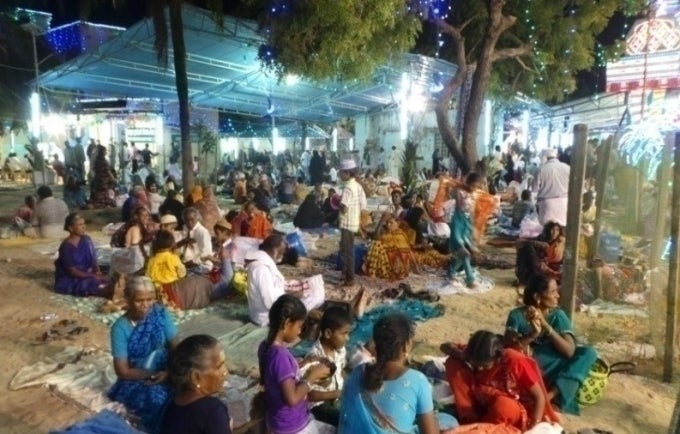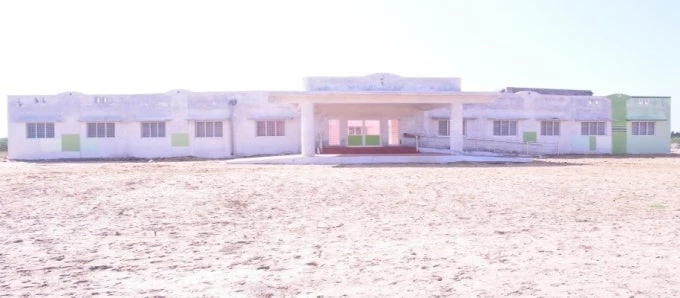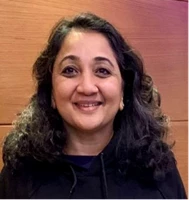
Erwadi is known for its 550-year-old Badusha Nayagam Dargah—“Erwadi Dargah,” one of the biggest shrines in India. Every day, numerous devotees of different faiths visit the shrine from surrounding villages, states, and countries. Among these visitors is a large number of people who suffer from mental illness and have come to pray for a cure. Some of them see the Dargah as their first and only hope—guided by the magico-religious belief that illness is caused by the possession of evil spirits or the performance of wicked magic—while others have turned to the shrine as a last resort after receiving ineffective treatment.
When I visited Erwadi Dargah in 2013 and met with a team working on a local program called District Mental Health Project (DMHP), an important partner of the World Bank-supported Tamil Nadu Mental Health Project, they expressed an urgent need to help the devotees affected by mental illness. Their subsequent discussions with representatives of the shrine revealed a lack of information on potential treatment options and strong resistance to medical interventions among the devotees. At that time, the team knew of a similar circumstance in another part of India—the state of Gujarat—so they invited the representatives of Erwadi’s religious community to learn from peers in Gujarat about complementing religious rituals with medical treatment.
And thus started a unique experiment called “Dawa-Dua,” or prayer-treatment.
Thanks to the visit to Gujarat, the religious leaders in Erwadi opened up to the idea of combining medical treatment with traditional healing. In 2014, Erwadi Dargah incorporated a clinic run by the DMHP within its premises and started offering its visitors access to professional psychiatric care, diagnosis, treatment, and medication. Patients were counseled to continue their prayers alongside professional medical treatment, and return for follow-up visits to improve their well-being.

When I visited the center earlier this year, a mother told me about her 26-year-old son: “For years, I have heard people calling my son mad and at the Dargah I have watched my son in chains. This program has truly been a gift of God. It has given both of us a new lease of life. My son now is normal like anybody else. I plan to go back home with my son soon.” This was truly interesting given that many devotees believe that when the patient is cured by God, the chains come off!
Following the success in Erwadi, the State District Mental Health Program in Tamil Nadu has received requests from many other religious communities including three temples and two churches in Ramnad district alone, which is host to the Erwadi Dargah. These communities see an opportunity to help their significant number of devotees find an effective solution to mental illness.
This new prayer-treatment model, under the Tamil Nadu Mental Health Project, offers a unique opportunity to blend faith with medicine. It allows for medical practitioners and religious leaders to work alongside each other to find viable solutions to help those in need of mental health care I hope that this experience can serve as an inspiration for other states in India as well as for other countries of how best to address the global challenge of mental illness within the local context.



Join the Conversation